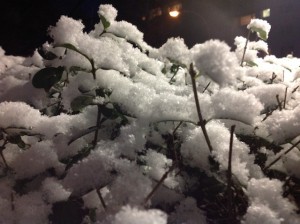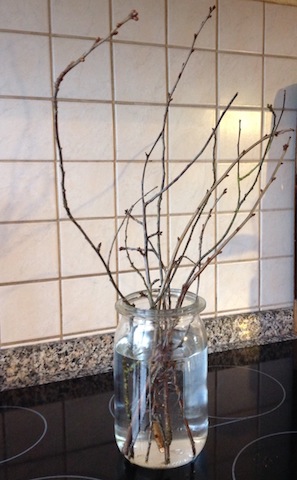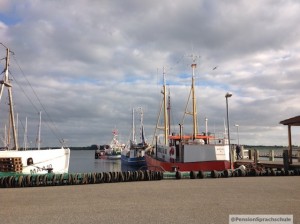The city of Oberursel/Taunus, the second production site for Rolls-Royce Germany, is the oldest existing aircraft production site in the world. Its museum, housed in the Dr. Günter-Kappler-Haus, displays an overview of the history of motor production in Oberursel, beginning with its founding at the Oberursel Motor Factory in 1892. Among the various exhibits of the museum are rotary engines, cooling fans, as well as a turbo fan engine, which is part of our modern long-haul aircraft.

Museum hours of operation:
The Rolls-Royce-Museum is open every last Friday of the month from 3pm – 6pm, and by prior arrangement. Entry is free. (Last update: February 2009)

Address: Hohemarkstraße 60–70, 61440 Oberursel






